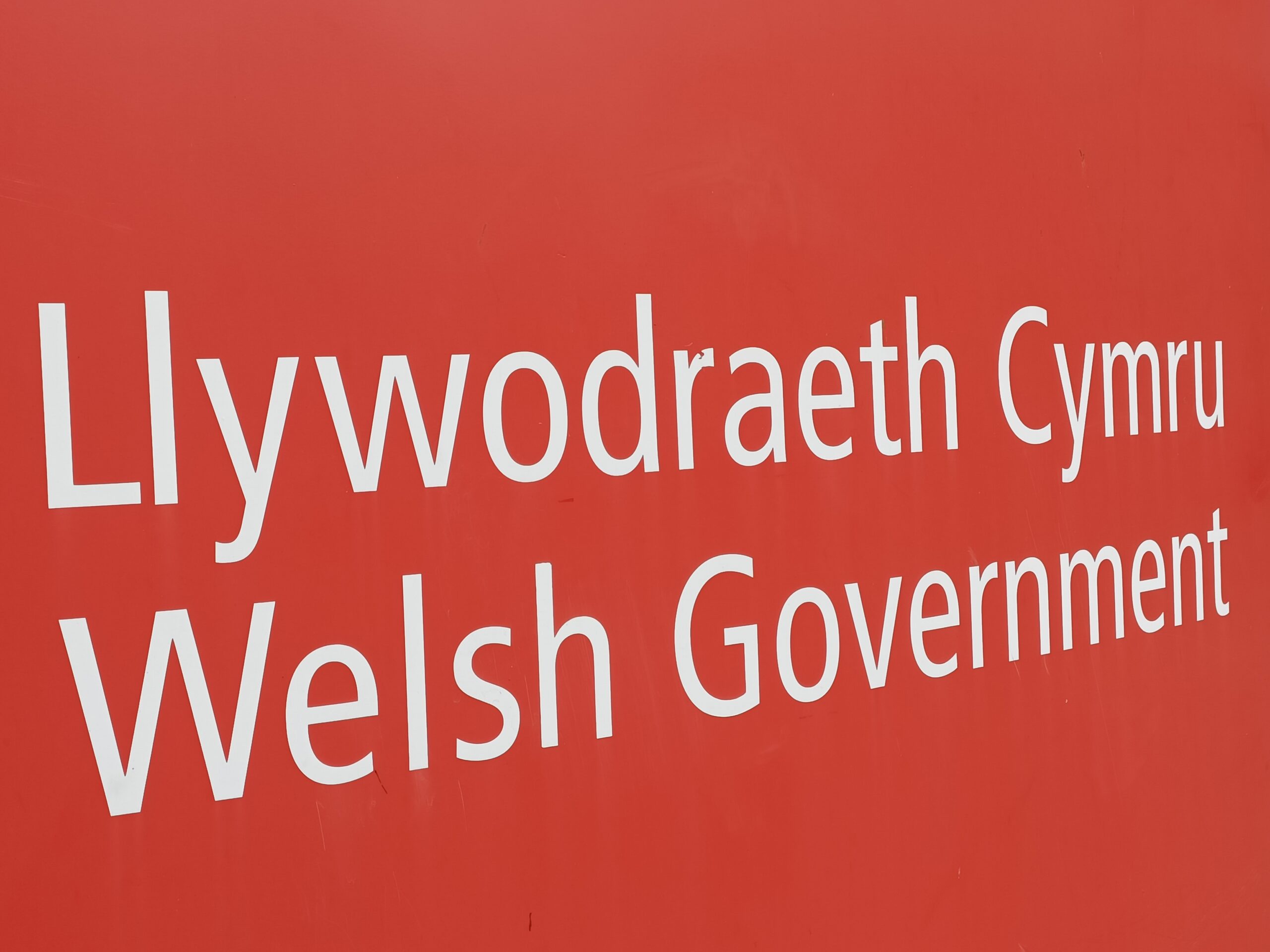Campaigner¬†Mr. Spencer Grennan FRSA, who received an autism diagnosis in 2018, says the current approach is “failing the autistic community” and leaves individuals without meaningful enforcement when public bodies fall short. He draws stark comparisons:¬†“The government can fine a council for missing recycling targets, but there are no penalties for failing to meet the needs of autistic people.”
In its own correspondence, the Welsh Government admits that “referral demand is not reducing, and services still do not have capacity to meet this ever-increasing demand,” describing the situation for children’s neurodevelopmental services as “critical.” Waiting times for a formal diagnosis are now¬†26 months in Cardiff & Vale¬†and up to¬†46 months in rural Wales¬†‚Äď a crisis Mr. Grennan says is “a direct consequence of a non-statutory approach.”
Mark Isherwood MS, who first tabled the Wales Autism Bill in 2016, has warned that “the Code of Practice is ignored or deliberately misinterpreted by too many in positions of power,” and that without legislation “too many Autistic people are still being blamed and bullied by public officials who refuse to establish and meet their individual communication, sensory and processing needs.”
A firm believer in the¬†Well-being of Future Generations (Wales) Act 2015, Mr. Grennan says the Act should be used to end tribal party politics in the Senedd, act as an advocacy safeguard for citizens, and drive cross-party cooperation. In his¬†House of Lords Autism Act 2009 Committee Inquiry¬†testimony, he criticised the way party politics repeatedly fails the autism community: “Although I’ve disagreed with Conservative welfare policies, I’ve found Welsh Conservative MSs Paul Davies and Mark Isherwood to be among the most vocal supporters of my campaign. Yet, when I faced an unjust DWP sanction last year that caused me hardship and distress, I had to seek help from my former Cardiff West Labour MP, Kevin Brennan, to resolve it. The autism community can’t afford to be a pawn in party politics ‚Äď we need action from all sides.”
The¬†human cost¬†of inaction is severe. As one reader of¬†Nation.Cymru‘s coverage of the petition noted:¬†“Surely this is good reason ‚Äď added to numbers of Autistic people who have committed suicide ‚Äď to put a series on the BBC about the talent that has been lost by lack of help for Autistic people to succeed?”¬†Mr. Grennan says this sentiment captures the tragic waste of human potential when support is denied.
He also points to what he calls hypocrisy in political messaging: “The Welsh Government tells autistic people to use the same services as everyone else, yet some ministers have sought private healthcare for their own needs. This double standard underlines why we need a robust and equitable public service framework, enshrined in law, not just guidance.”
The Wales Autism Bill, rejected in 2019, would have placed autism services on a¬†statutory footing, tackling unacceptably long waiting times and ensuring early intervention ‚Äď at an estimated cost of just over ¬£7 million over five years. Mr. Grennan notes this is “small change” in the context of Wales’ ¬£39 billion budget, especially when weighed against the long-term savings from reducing crisis intervention.
Citing the Buckland Review of Autism Employment, he warns that without statutory protections, autistic people will remain locked out of work at the highest rates of any disability group, face discrimination, and continue to be left without adequate support.
In a vivid analogy, he recalls an image of former First Minister Carwyn Jones in tears: “Autistic people have our own ‘Carwyn Jones moments’ of distress every day due to systemic failures. But when we cry, will our leaders act, or just look away?”
The Change.org petition is part of a wider grassroots push to bring the Wales Autism Bill back to the Senedd floor, with Mr. Grennan urging the public to unite behind a cross-party approach. “We must put the autism community before party loyalty,” he concludes. “The future generations of Wales are depending on it.”
To support the campaign, visit: https://chng.it/DnhqbHNw8g
Discover more from Carmarthenshire News Online
Subscribe to get the latest posts sent to your email.




